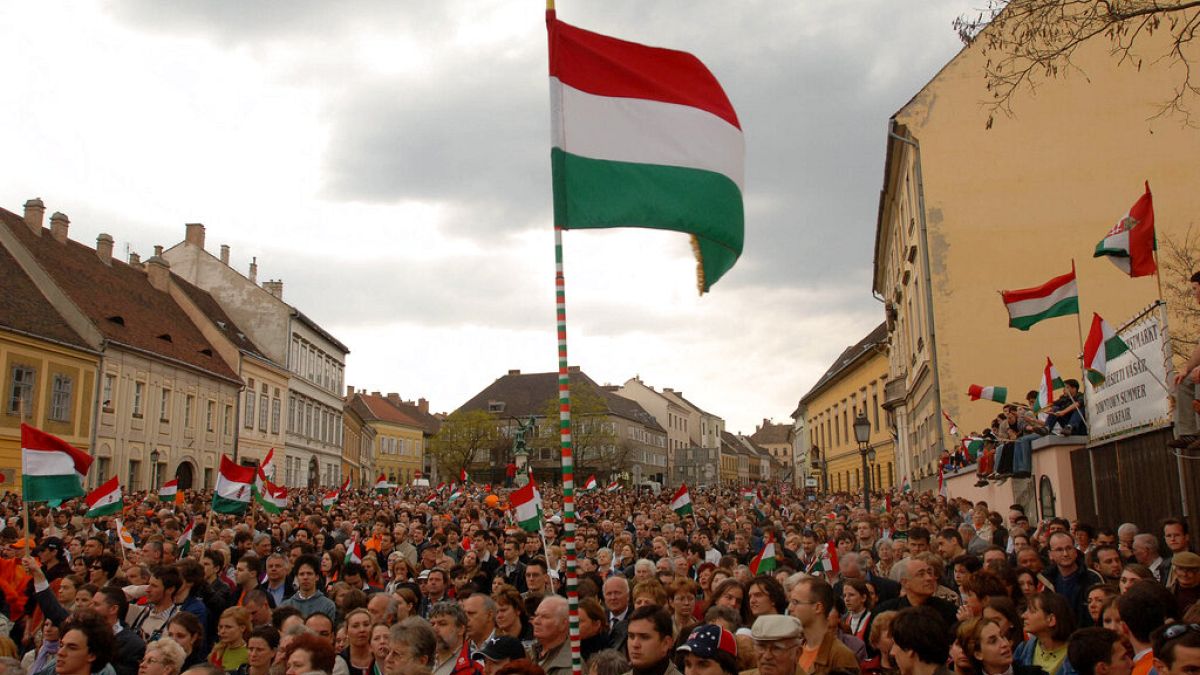Hungary's interest rate cut comes after the European Central Bank (ECB) chose to leave interest rates unchanged last week at its July meeting.
The Magyar Nemzeti Bank (MNB), Hungary's central bank, cut its base rate by 25 basis points to 6.75% on Tuesday, in line with consensus estimates. This was the 10th rate cut since October, when the country's monetary loosening cycle started.
The overnight deposit rate was also reduced, to 5.75%, while the collateralised loan rate was cut to 7.75%.
"The inflation outlook continues to be consistent with the projection in the June Inflation Report. FX swap market processes at the end of the quarter were stable, which was also supported by the use of central bank instruments. In addition, the incipient recovery in Hungarian economic growth, historically high foreign exchange reserves, the persistent current account surplus, the government's deficit reduction measures and a cautious approach to monetary policy act in the direction of an improvement in the country's risk perception," the MNB said in a press statement.
"However, the volatile financial market environment, significant geopolitical tensions and the risks to the outlook for inflation continue to warrant a careful and patient approach," the MNB added.
Hungary inflation lower
It comes as Hungary's year-on-year inflation rate fell to 3.7% in June, which was below May’s five-month high of 4%, and also well under analyst expectations.
According to the European Commission May economic forecast: "Hungary's gross domestic product (GDP) contracted in 2023 in a context of high inflation and interest rates and weaker external demand. A gradual recovery is expected over the forecast horizon as households’ purchasing power rises and financing conditions ease.
"Inflation has fallen from very high levels, but the recovery of consumption and strong nominal wage growth are set to limit its further decrease. After a large deterioration in 2023, the general government deficit is projected to remain elevated. The debt-to-GDP ratio is set to increase slightly this year."
The European Commission expects Hungary's GDP growth to increase from 2.4% this year to 3.5% next year, while inflation is expected to come down from an average of 4.1% this year, to 3.7% next year.
Unemployment is also likely to come down from 4.5% this year to 4% next year, with gross public debt as a percentage of GDP also expected to inch down from 74.3% in 2024 to 73.8% in 2025.
Hungarian GDP was downcast in 2023 mainly because of increased energy prices and lower exports as worldwide demand lagged. However, this year, GDP growth is expected to be supported by rising incomes, which should mean that both minimum wages and pensions have a better chance of battling inflation. A still-resilient labour market is also expected to contribute significantly to this.
ECB keeps rates unchanged in July
Hungary's rate cut comes as the European Central Bank decided to keep interest rates stable in July, without providing any further guidance as of now about whether a further rate cut could be seen in September.
Piero Cingari, market analyst, said: "Lagarde indicated that additional data is necessary to confirm the ongoing disinflation trend and to bolster the ECB's confidence. She cautioned that domestic price pressures remain high and that the relationships between wages, profits and productivity add uncertainty.
"Lagarde also highlighted that heightened geopolitical tensions pose upside risks to inflation by potentially driving up energy prices and freight costs, and disrupting global trade. Extreme climate events could also affect food prices."















